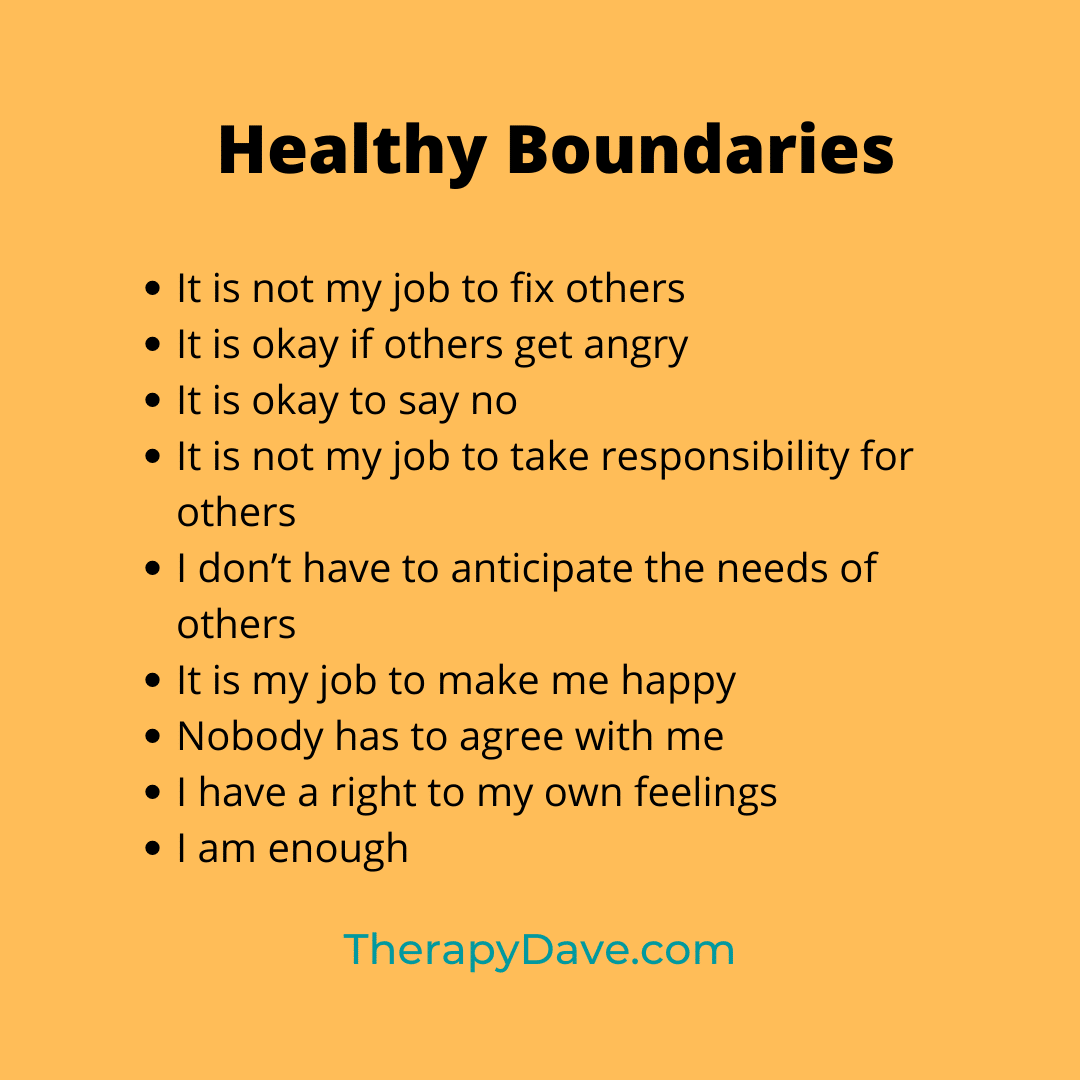Word-Of-the-Week #911: Boundaries
January 20, 2022 by Susan Clarke
Boundaries – the limits you define in relationship to someone or to something.
Have you ever felt taken advantage of? How comfortable are you saying no to someone?
This week features excerpts from “This Is What It Looks Like to Set Personal and Emotional Boundaries. We all need to set them—here’s what that means and how to do it for mental well-being,” by Elizabeth Yuko at Real Simple.
“Think back to social studies or geography class in elementary school. Your teacher probably showed you a map and explained that certain types of lines were used to show boundaries between states and countries. Sometimes there would be a natural feature (often a river) that would divide one territory from another, but for the most part, the lines we see on the map were not visible in real life. And yet, even though we can’t see the boundaries, people accept that they’re there and understand how far they can go before crossing into other territory.
Boundaries are your way of letting other people know how far they can go with you when it comes to things like emotional support and labor, seeking your help or advice, or even how frequently you’re expected to get in touch.
Most of us were never trained in how to do it and foster healthy relationships in our personal lives. To help you get a better understanding of personal and emotional boundaries, including how to set them and stick to them, here’s some (solicited) advice from trained professionals.
What it means to ‘set boundaries’
“Boundaries are the separations that humans need—mentally, emotionally, and physically—to feel safe, valued, and respected,” says Carla Marie Manly, PhD, a clinical psychologist in Sonoma County, Calif. and author of Joy From Fear and Date Smart.
- It means verbalizing what impacts your comfort levels.
Ultimately, boundaries speak to what we identify as making us comfortable or uncomfortable, says Leela R. Magavi, MD, a psychiatrist and the regional medical director of Community Psychiatry and MindPath Care Centers. And this often involves using verbal strategies. “Individuals could use succinct, clear phrases to address and clarify their comfort level and needs,” she continues. “For example, [during COVID] a person could respectfully ask loved ones to wear their masks, stand further away from them and each other, or wash their hands. This practice at home may ease any discomfort when conversing with neighbors and members of the community.”
- It means learning how and when to say “no.”
Another crucial—but difficult—part of setting boundaries involves learning how to say “no” to others. “Many times, we feel that we owe others a dissertation-level response to why we cannot do this task, go to this event, etc.,” says Melissa Flint, PsyD, a certified clinical trauma provider and associate professor of clinical psychology at Midwestern University in Arizona. “The fact of the matter is a good boundary is an explanation in and of itself. ‘I’m quite sorry, but I cannot commit to working on that project over the weekend. I appreciate you thinking of me and having confidence in me, but not this time!’ is a perfectly adequate response.”
- It means being honest and transparent.
But making a conscious decision to set certain boundaries isn’t enough: you must also communicate those boundaries to the people they involve. “Setting boundaries also includes letting others know what they are—not expecting others to have a crystal ball and just know what you want or do not want,” Flint says.
- It means knowing how to expand—or constrict—the boundaries we set.
It’s also worth noting that a person with healthy boundaries is able to adjust their boundaries depending on the situation to allow for the appropriate level of connection, says Manly. “In practice, we consciously and unconsciously use boundaries to let others know what is acceptable or appropriate,” she explains. “When our boundaries are too permeable, we might tend to let people take advantage of us or accept abusive treatment. When our boundaries are too rigid, we might behave in highly defended ways to keep respectful, loving people at a distance.”
Why setting emotional boundaries is important for our mental well-being
Given that boundaries help us feel safer and more comfortable, it makes sense that they come up so frequently in therapy: They can have a major impact on our mental well-being. “Our emotional boundaries are important because they give us the personal space—emotional, mental, physical, or otherwise—we need in a given situation,” Manly explains. “When our emotional boundaries are respected, we feel valued, honored, and safe. Boundaries can be healing; boundaries can help one not feel taken advantage of.” And while maintaining boundaries can be difficult, it increases self-compassion and self-esteem by allowing people to prioritize their own voice and needs, Dr. Magavi explains.
But when our emotional boundaries aren’t respected, it may leave us feeling overwhelmed or bullied, or anxious. Not only that, but if our boundaries are chronically disrespected, the ongoing feelings of despair and powerlessness can trigger chronic anxiety, depression, and even trauma,” Manly says. “On an instinctual level, we may feel like caged animals who are at the mercy of threatening perpetrators when our boundaries are disrespected.”
Additionally, boundaries are vital, Manly says, because they create the foundation for healthy relationships with the self and with others. “When healthy boundaries are not present, people can be left feeling angry or sad due to interactions that create a sense of being taken advantage of, devalued, unappreciated, or bullied,” she explains.”
This week’s focus is on boundaries. Do you feel safe, valued, and respected at home and at work? How comfortable is it for you to verbalize how you want to be treated? Would you like to have more healthy relationships?
I LOVE feedback! Join my Facebook community on my FUN-damentals Fan Page.


